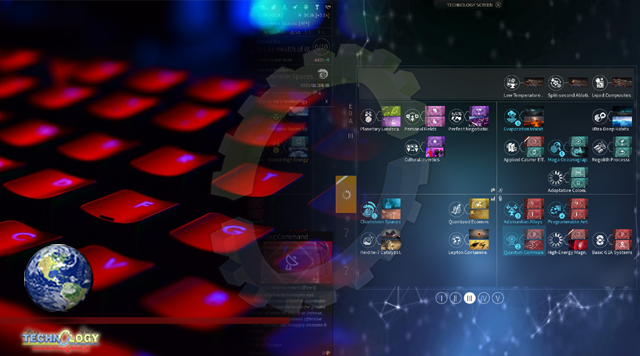Similarly, we will be discussing how skill and tech trees work in video game Design and how they have laid out the set of checkpoints for portraying a character’s progression.

When playing through a game, the player often has an idea of how the game will progress. Similar to how arcade games work, the idea of proceeding to the next levels, as well as the increase in difficulty is a great example of the game’s progression.
Similarly, we will be discussing how skill and tech trees work in video game and how they have laid out the set of checkpoints for portraying a character’s progression.
Players often do not know the difference between the two terms, thus, mistaking them with each other.
Tech trees come the closest to simulating real life. These trees are quite logical, having the players start with the bare minimums, such as wood and stone, gradually progressing to higher tier elements like metal and glass.
Tech trees also require the average player to invest more time and learn the game mechanics more deeply. For instance, before being able to ride animals, the player must possess the ability to tame them.
Skill trees, however, differ quite significantly from tech trees. The average skill tree does not back a similar logic. And though a skill tree can be kept vague, the developers can certainly sequence the skills in a manner that mimics a player’s progression.
But, unlike tech trees, investing enough time into a certain skill will inevitably result in the player maxing the skill out. Due to this, many players are unlikely to require complete skill trees to beat the game.
- Tech Trees
A complex tech tree is likely to be seen in simulation-games, where the player is forced to build a world from scratch. The likes of Civilization games primarily come to mind, but that most certainly does not mean the games have turn-based gameplay. Some other examples of solid tech trees include Starcraft, The Sims, and Factorio, all available at a discount on Gamecamp.
The complex, or solid, tech trees are quite interesting as they allow the player to anticipate what comes next. The tech trees allow players to meticulously plan the sequence in which they desire to progress in. Interestingly, most strategy video game are known to possess similar tech trees.
Moving on, fluid tech trees are inherently more variable than the formerly mentioned tech trees. These trees are quite open-ended, leaving players to explore the full potential of the skills. The game does not guide the player on getting the item, but the player will certainly know how to utilize it once they possess it.
The likes of Subnautica, Minecraft, Slime Rancher, No Man’s Sky, and Astroneer come to mind. All of these games are open-world-driven, prioritizing exploration and survival over everything else.
The average fluid tree enables the player to create new gear which allows the players access to items and places inaccessible before. Hence, fluid trees try to keep up with the player’s progress. If the player dives into a high-risk situation, they do so expecting high-risk yet high-return rewards.
- Skill Trees
When thinking about skill trees, the first game-type that comes to mind is roleplaying games (RPGs). These are games that allow players to choose a specific role, and fill the blank canvas of the game with their own personality and abilities.
Needless to say, RPGs allow players to simulate a fantastical-life inside a game setting. From being an old sage to a veteran samurai, the possibilities are limitless.
Nevertheless, oftentimes a player cannot access the entirety of what a skill tree may offer. Hence, the choices for each skill attained will definitely affect your playthrough. Since tech trees unlock more items over time, the skill trees force the player into deciding what they may want. For instance, you might prefer agility over strength, but not both.
However, the MMORPG genre is certainly different when it comes to a player’s choice of choosing their skills. These games allow players access to a wide array of skills and classes.
But, it goes without saying, the players are often limited to using a single class, with access to that class’ entire library of skills. These games include World of Warcraft, Final Fantasy XIV, Path of Exile (ARPG), and Elder Scrolls Online.
Originally published at Devdiscourse